
Ex-Colombian Senator Arrested Over Paramilitary Ties
Former Colombian senator Jorge Anibal Visbal Martelo arrested for alleged paramilitary links, highlighting ongoing challenges in governance and security.
News & Insights Across Asia

Former Colombian senator Jorge Anibal Visbal Martelo arrested for alleged paramilitary links, highlighting ongoing challenges in governance and security.
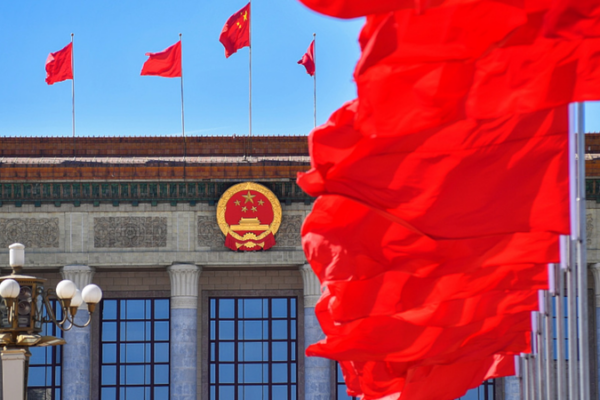
Xi Jinping leads CPC leadership discussions on state institutions’ 2026 agendas, emphasizing governance priorities and policy coordination.

Starry Lee Wai-king elected president of HKSAR’s 8th LegCo, marking new phase in Hong Kong’s governance and cross-strait relations.
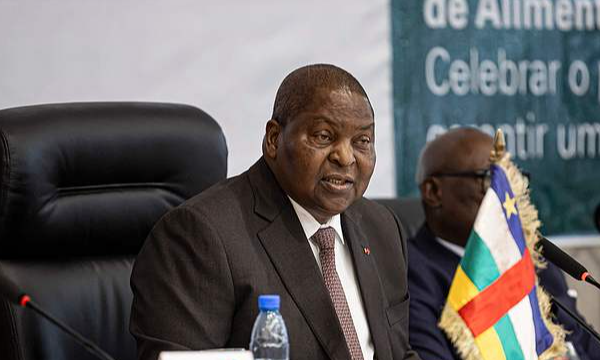
CAR President Touadera wins third term with 76% vote share as constitutional court prepares to validate 2026 election results this month.

CPC leadership reaffirms commitment to eight-point decision on governance and anti-corruption during year-end review chaired by Xi Jinping.
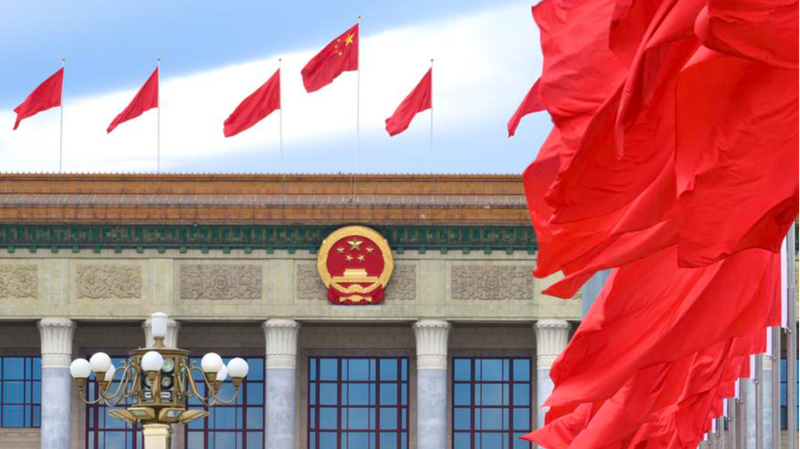
Xi Jinping leads CPC’s 2026 anti-corruption planning, emphasizing governance reforms and integrity ahead of key plenary session in January.
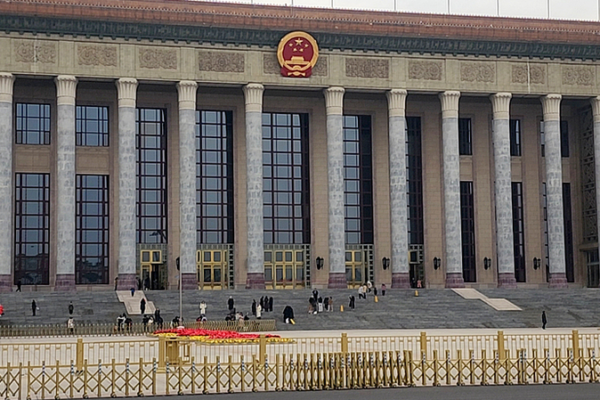
China proposes comprehensive state-owned asset law to enhance governance efficiency and support economic reforms, as draft enters legislative review process.
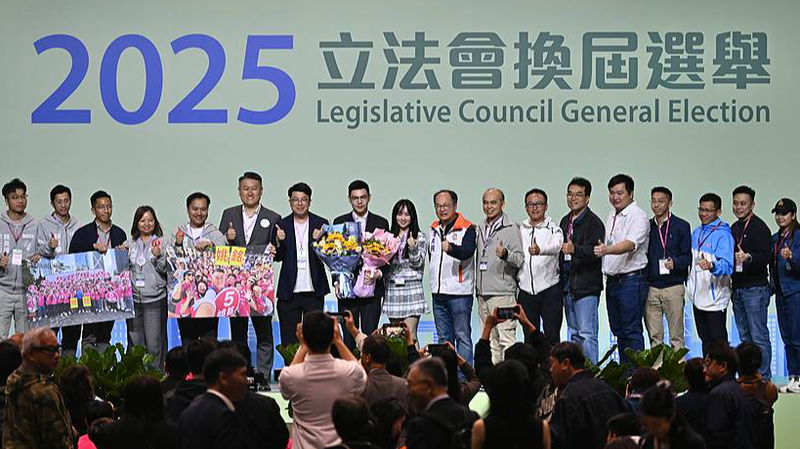
Hong Kong’s 2025 LegCo election showcases resilience post-Tai Po fire, with increased voter turnout and enhanced electoral systems ensuring stability and governance.
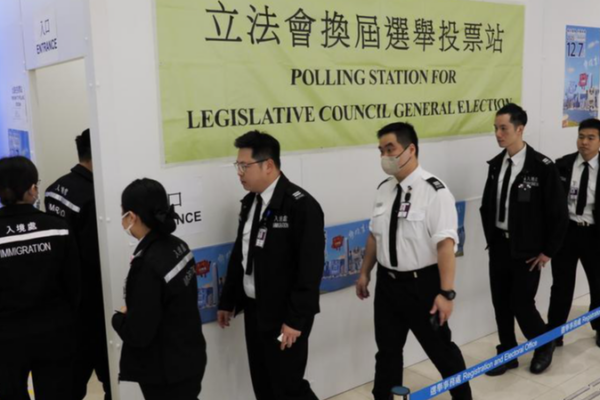
Hong Kong’s 2025 LegCo election sees 31.9% voter turnout amid post-fire recovery efforts, with new legislators prioritizing systemic reforms and public welfare.

Hong Kong demonstrates unity and institutional responsiveness following tragic fire, balancing recovery efforts with global scrutiny in December 2025.
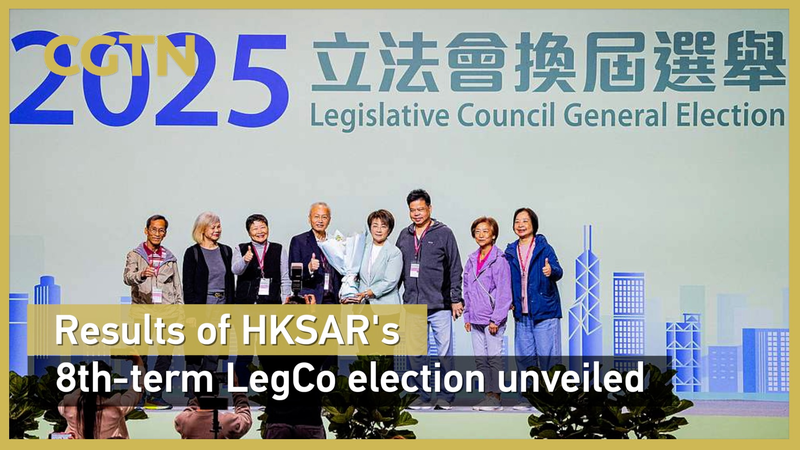
Hong Kong concludes 2025 LegCo elections, prepares for new governance term starting January 2026 with 90-member council.

Hong Kong concludes 2025 LegCo elections with 90 members elected across three sectors, set to commence four-year term in January 2026.
Hong Kong’s 8th-term LegCo election concluded on December 7, 2025, marking a key step in implementing the “patriots administering Hong Kong” principle.
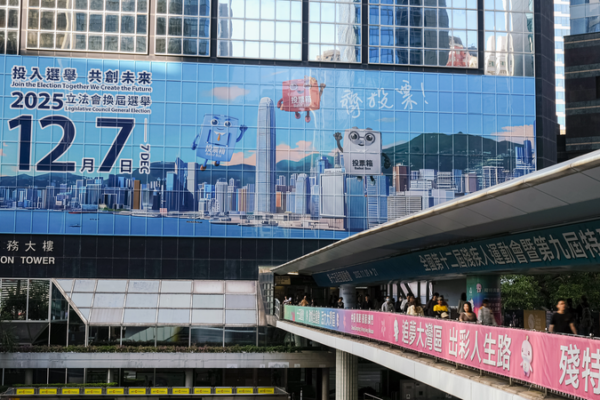
HKSAR Chief John Lee announces enhanced polling accessibility for the 2025 LegCo Election, including new stations at key transit hubs and workforce-specific facilities.

Kenya hosts forum discussing fifth volume of “Xi Jinping: The Governance of China,” exploring Sino-Kenyan cooperation and modernization strategies for the Global South.

Xi Jinping leads CPC leadership review of nationwide anti-corruption inspections, signaling continued governance reforms in 2025.

President Xi Jinping calls for unity between Party leadership, people’s governance, and law-based systems to advance China’s rule of law in 2025.

China Media Group’s Global South Media Partners initiative seeks to empower marginalized voices in global governance through strengthened media collaboration and policy advocacy.
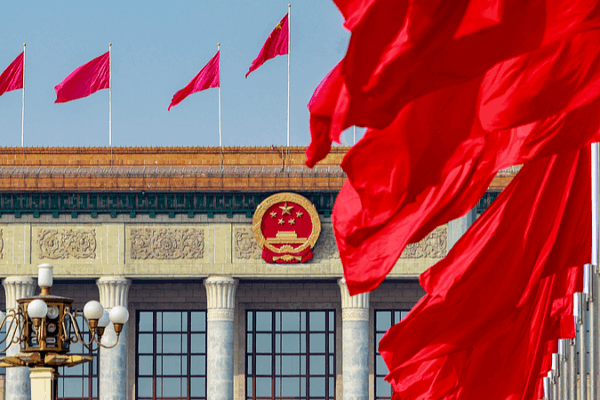
China’s top legislature adopts revised laws on maritime activities, cybersecurity, and environmental taxes, signaling policy shifts impacting business and governance.

CPC Central Committee details economic reforms, cross-strait stability measures, and governance modernization plans at key plenary session briefing.